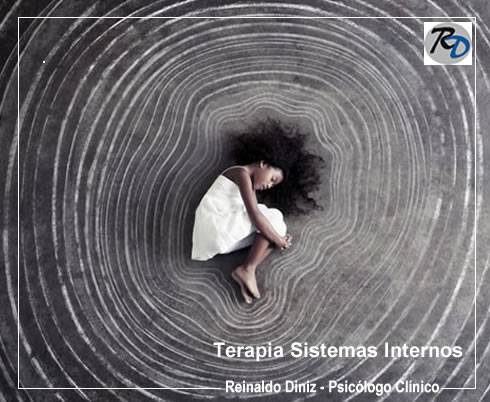Internal Family Systems Therapy – IFS
Throughout our life story we have developed many and different beliefs about ourselves and the world around us based on the interactions and experiences we go through. While many beliefs help us the moment we develop them, over time, they can also condition us in our attempts to be happy.
Internal Systems Therapy – IFS is a model of non-pathologizing therapy, working with variable, difficult, and often polarized thoughts, feelings, and emotions. How many times does “… I was not in me …”, “… I was not like that …”, or “… I stopped being who I was …”. Our “Self”, often referred “true Self ” , from the perspective of IFS is a calm, creative, connected, confident, compassionate, clear, courageous and curious being. Difficult to feel and often inaccessible the Self is present, and our emotions change throughout life story of each one. In short is who we truly are.
We all have parts of our personality. Most of us have parts that are great for keeping us safe and trying to maintain control of both our outer and inner worlds. We have parts of our personality that when overwhelmed with experiences and past traumas make us feel everything, but the different qualities of the Self. Feelings of anger, guilt, shame, loneliness, insomnia, compulsions, obsessions, additions, etc. All these and other parts of the inner system interact with each other and simultaneously interact with our Self. For most of us this communication and internal interaction occurs unconsciously without thinking about it.

A more critical part can judge the way we dress, what we need to do to make a good impression or take care of others to ensure safety or connection for example. But internally the qualities of the Self are not reflected in these feelings emotions and thoughts.
When we grow up in circumstances where we experience trauma or experiences of pain and suffering, these parties assume extremely protective behaviors and beliefs, emotions that seek to ensure that we will not experience feelings of vulnerability and pain again. Often parts frozen in time and thus conditioning the way each of us lives life.
Although during IFS therapy we are dealing with particular problems or emotions of a person looking for internal changes, each session brings more positive “side effects” and emotional balance. When we learn to hear parts of our personality with openness and compassion (without judging or trying to change them), our relationship with us changes. We acquire the ability to “detach” from our emotions and observe them with curiosity and acceptance. We experience greater inner harmony and achieve greater emotional stability.
To begin therapy, it could even be from the part that brought him/her to therapy and listen to his/her story.
The Disney movie, “Inside Out” is a good example of the inner vision, though simplified.
IFS was developed in the 1980s by Richard C. Schwartz, PhD. The Center for Self-Leadership develops many IFS training and workshops around the world, and in Portugal at the Portuguese Society of Constructivst Psychotherapies.
Reinaldo Diniz